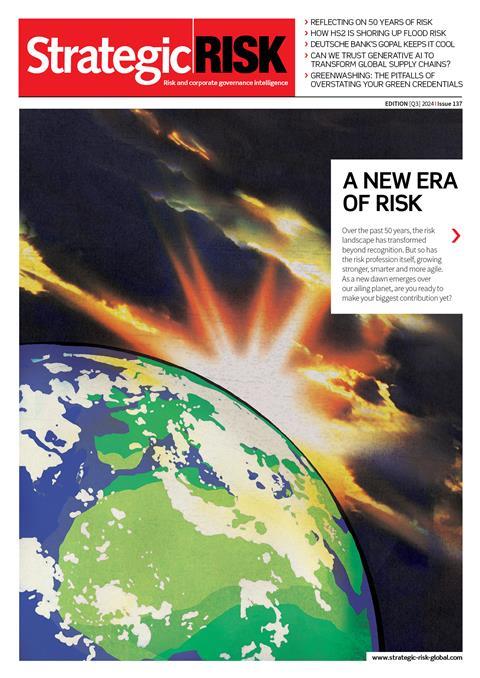Despite the fact that terrorism, reputations and corporate governance make bigger headlines, fire is still the most common cause of business loss. It is a recurring nightmare for risk managers, which is why AIRMIC, ALARM and the Fire Protection Association staged a one-day seminar "Fire Revisited" in Coventry.
Fire damage claims cost the insurance industry £600m in 1998, according to the ABI. That was 22% higher than the previous year and the highest figure for almost a decade.
And while many fires are caused by human error or negligence, others have more sinister origins. Fire Policy Unit statistics suggest that arson accounts for almost half of all fires, and as many as four-fifths in some areas. Schools and other publicly-owned property have been particularly vulnerable in recent years.
"What is so frustrating is that many large losses could have been prevented in the first place, or small fires could have been controlled to prevent them becoming much bigger fires," said former AIRMIC chairman David Ketley, who hosted the seminar. "The one common theme for risk managers to consider is that no matter how much insurance you have, it cannot compensate for the amount of time and effort spent in the aftermath of the loss. Fire prevention is paramount."
Anders Belin, loss control manager for Electrolux Group, and Geoff Lingham, risk manager for Electrolux UK, will give a lecture on the group's Fire 2000 project at the AIRMIC annual conference. The project was triggered by three major fires within the space of a few months in the late 1990s.

















